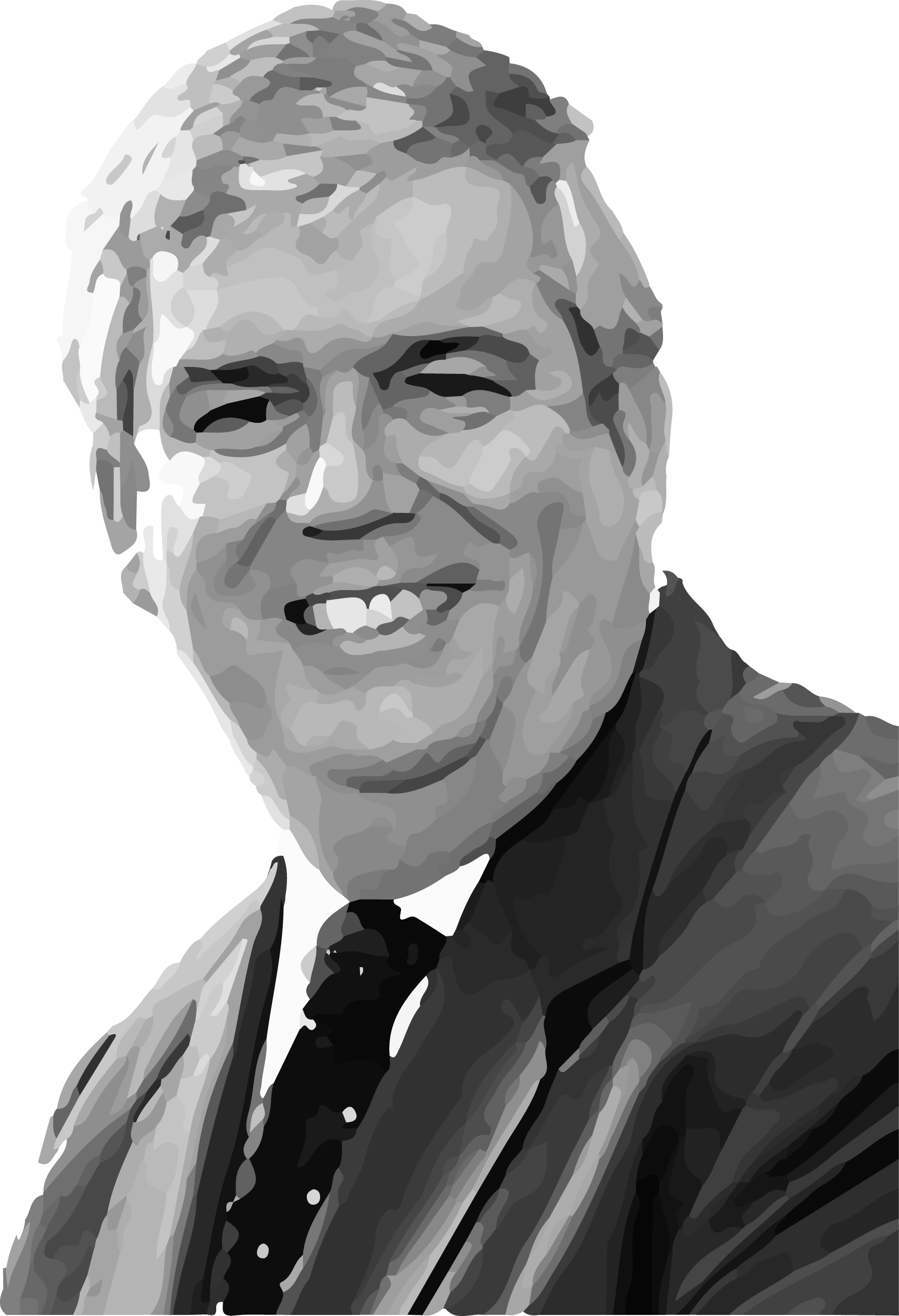
CHINA HANDS interviews John Kamm, founder and executive director of the Dui Hua Foundation, an organization that helps at-risk detainees in China.
“I sell. I’m a businessman,” John Kamm introduced himself as we sat down in the spacious common room of Yale’s Branford College. However, Kamm is no longer a businessman. He is now the executive director of the Dui Hua Foundation, an NGO founded by Kamm that helps China’s most at-risk prison detainees. During his visit to Yale, China Hands interviewed Kamm and asked him about his transition from businessman to human rights activist.
When Kamm first set foot in mainland China in 1976, he came as a businessman. As a representative of the National Foreign Trade Council, he made four trips to China before Chairman Mao’s death that September. “1976 was a momentous year,” Kamm recalled. Beside’s Chairman Mao’s death, 1976 also saw the death of Premier Zhou Enlai, the Tangshan earthquake, the end of the Cultural Revolution, and the fall of the Gang of Four. Kamm was one of the first Westerners to witness firsthand the beginning of China’s seismic economic and social transformation.
Kamm continued to work in China, as a chemical salesman and representative for the American Chamber of Commerce. He was First Vice President of the American Chamber of Commerce in 1989 when the government cracked down on pro-democracy demonstrators across the country and massacred hundreds of students in Beijing’s Tiananmen Square. In the aftermath of the crackdown, the authorities also detained ten thousand protesters. “It certainly changed my life,” Kamm told China Hands, “The reason I got involved with human rights was because of Tiananmen.”
To be more specific, the beginning of career as a human rights activist involved a rather fortunate turn of events. In 1990, Kamm was about to testify before Congress that China’s human rights record should not prevent the country from acquiring Most Favored Nation trading status, arguing that granting this status was one way to pressure China to improve its human rights record. Before the trip, Kamm was at a banquet in Hong Kong where he mentioned the name of an imprisoned young protester to a Beijing representative. The official “reacted negatively” toward Kamm, but within a few months, the young man that Kamm inquired about had been released from prison.
“That was just lucky,” Kamm remarked. It was the first time that China had responded to foreign inquiries regarding political prisoners. “It was quite a break from the past.” That incident was the source of what would become the Dui Ha Foundation. “I was told by everybody that China would not release prisoners because of foreign pressure,” Kamm told China Hands, “I was warned: ‘Don’t do this. First of all, you’ll fail. Second of all, your business will be ruined.’ They were wrong.”
In 1999, Kamm established the Dui Hua Foundation. Dui hua translates to “dialogue”, and according to the NGO’s website, Dui Hua’s objective is to “seek clemency and better treatment for at-risk detainees through the promotion of universally recognized human rights in a well-informed, mutually respectful dialogue with China.” For Kamm, business was a good preparation for human rights advocacy. Both require what Kamm calls “the Secret of the Five P’s”: preparation, persuasion, patience, persistence, and passion.
Perhaps most importantly, building trust and mutual respect with the Chinese authorities has been crucial to Kamm’s successes. Kamm has been able to utilize his special identity as “the man who helped China obtain Most Favored Nation status” and his relationship with a number of senior Chinese officials to help detainees under political persecution. Recently, amid growing pessimism surrounding Beijing’s attitude toward human rights lawyers, Dui Hua managed to help the lawyer and professor Chen Taihe settle down with his wife and children in California following his release from detention.
In July 2015, Chinese authorities cracked down on human rights lawyers across China, detaining more than two hundred in one day. Most were released soon after, but some were held for longer periods of time, stretching to the indefinite. According to Kamm, Chen was the only professor among the group of detainees. Therefore, before President Xi’s state visit to Washington D.C. last September, Kamm suggested that the Chinese government “consider making a gesture in the area of human rights that would attract Obama,” who was formerly a law professor. Kamm drafted a three-page petition to the Chinese government, and Chen’s release and settlement in the United States were granted.
When China Hands asked Kamm whether he thought the Chinese authorities disrespected the very human rights that he advocated for, Kamm answered no. He explained that China and the United States have simply held differing views on issues surrounding civil, economic, cultural, civil, and political liberties. Besides working on sensitive populations such as political and religious prisoners, the Dui Hua foundation also works with China’s Supreme People’s Court on juvenile justice system reform and helps women in prison.
Kamm has endured heartbreaking setbacks, but has recovered each time by reflecting on the importance of his work. He now acknowledges his limits but is determined to continue his advocacy in China. “I can’t change China, nor should I expect to. Only the Chinese people can, but you can’t change China if you are in prison. My job is to get people who can change China out of prison.”
Illustration // Zishi Li

